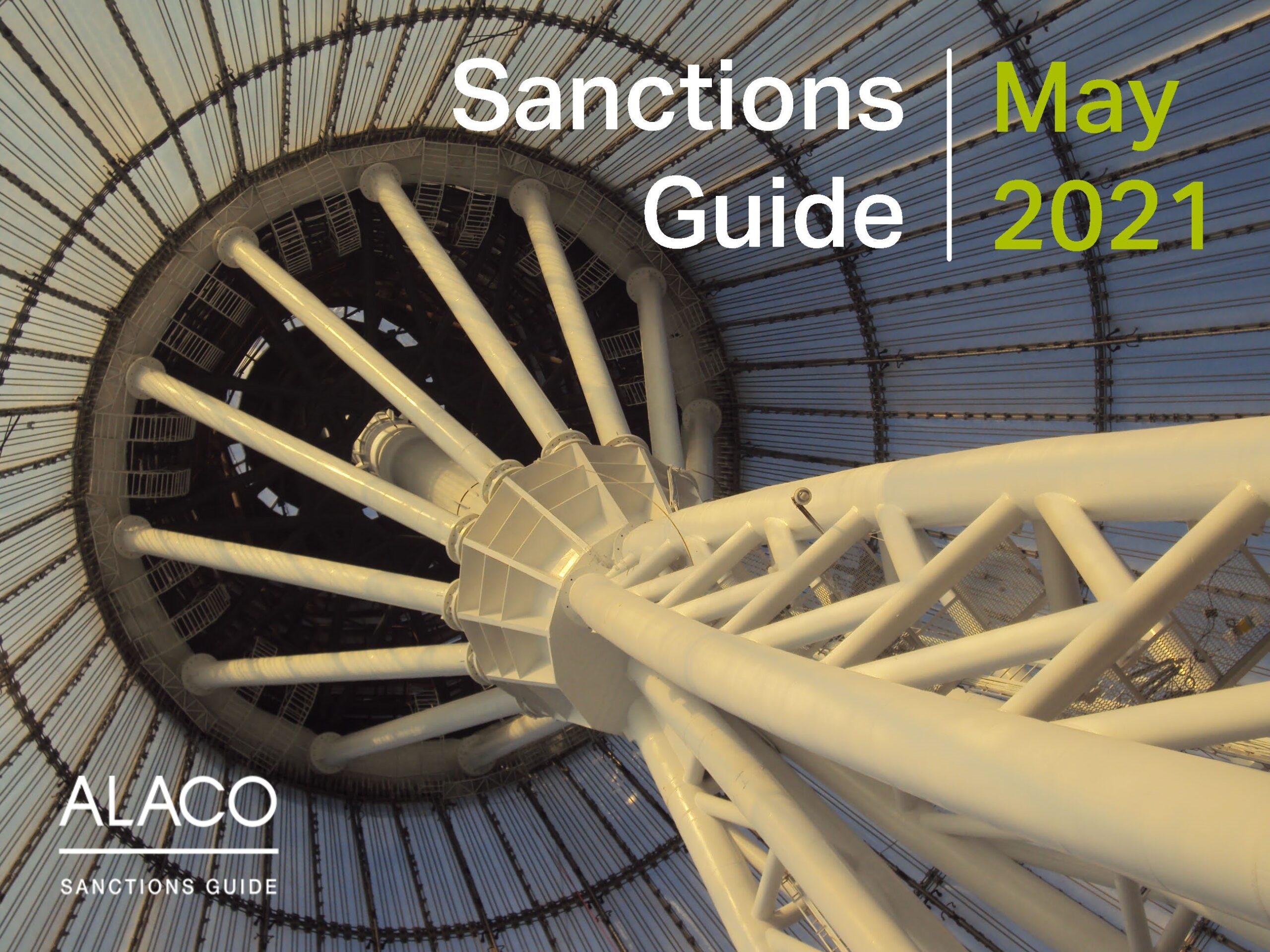Key sanctions developments this month include: OFAC introducing a new sanctions programme against Russia in response to its operations in the US, as well as the UK launching a new global anti-corruption programme. Myanmar is also facing increased sanctions pressure following its February 2021 coup.
- On 15th April 2021 the US significantly expanded its sanctions against Russia by further targeting individuals and entities linked with Russia’s offensive cyber capabilities as well as restricting the Russian Government’s ability to raise financing on the global markets. Over 40 individuals and companies have been added to the SDN list due to their involvement in Russian malign activities, such as the SolarWinds hack and interference in the US 2020 Presidential election. From 14th June, US financial institutions are prohibited from participating in the primary market for new debt issued by the Central Bank of Russia, the Finance Ministry and Russian sovereign wealth funds.
- The Biden administration explained that the new sanctions were in response to Russia’s past transgressions, stating that they were not aimed at escalating tensions between Russia and the west, especially in the context of Russia military build-up on the border with Ukraine. The US President expressed a desire for a “stable and predictable” future relationship with Russia when announcing the package. The measures are not as severe as some commentators suggested prior to the announcement.
- In the UK, a new sanctions programme has been introduced targeting individuals engaged in corruption. Some of the first additions to the list include 14 Russian nationals linked to the so-called Magnitsky case, most of whom were already targeted under US programmes, as well as the three Gupta brothers, who have been accused of corruption on a large scale in South Africa. Announcing the measures, UK Foreign Secretary Dominic Raab underlined that the UK was taking steps to combat the proceeds of crime being laundered in the UK.
- Elsewhere, the US and UK have ratcheted up pressure on the Myanmar military over its February 2021 coup d’état by including more senior figures on their sanctions programmes, while OFAC has designated major state-owned conglomerates and a military-linked state gemstones company.
- Rumours over the US relaxing its sanctions measures against Iran continue to circulate in the press, although no action has yet been taken by the Biden administration. According to the latest reporting, the US is considering a wide-ranging rollback of measures implemented by the Trump administration in a move towards reviving the JCPOA.
- In another break with Trump-era policy, the new Biden administration has revoked OFAC’s International Criminal Court sanctions program. The sanctions had previously enforced an asset freeze against a number of senior officials of the court as an expression of the US’s longstanding diplomatic objection to the ICC’s efforts to assert jurisdiction over the US and Israel in Afghanistan and the Palestinian Territories. The new administration described the sanctions as inappropriate and ineffective.
- Despite US pressure, Germany in April reaffirmed its commitment to the Nord Stream II project with Russia. Russian ships have in recent days restarted pipelaying operations for the delayed project. It remains unclear whether the US will follow through on threats to impose sanctions on Berlin, although most observers believe this outcome to be unlikely.
- Other notable designations this month include OFAC’s sanctioning of another raft of Mexican nationals under the so-called Kingpin Act, two senior Guatemalan officials for corruption and two Pakistani leaders of a global smuggling organisation. The EU has designated eight senior officials and two prisons in Iran over human rights abuses.


